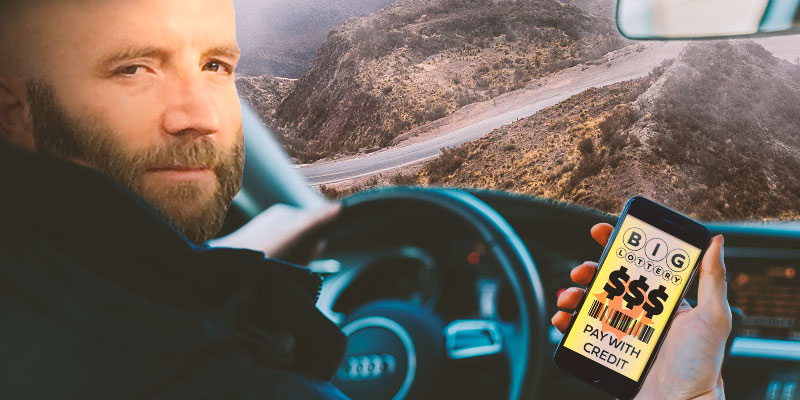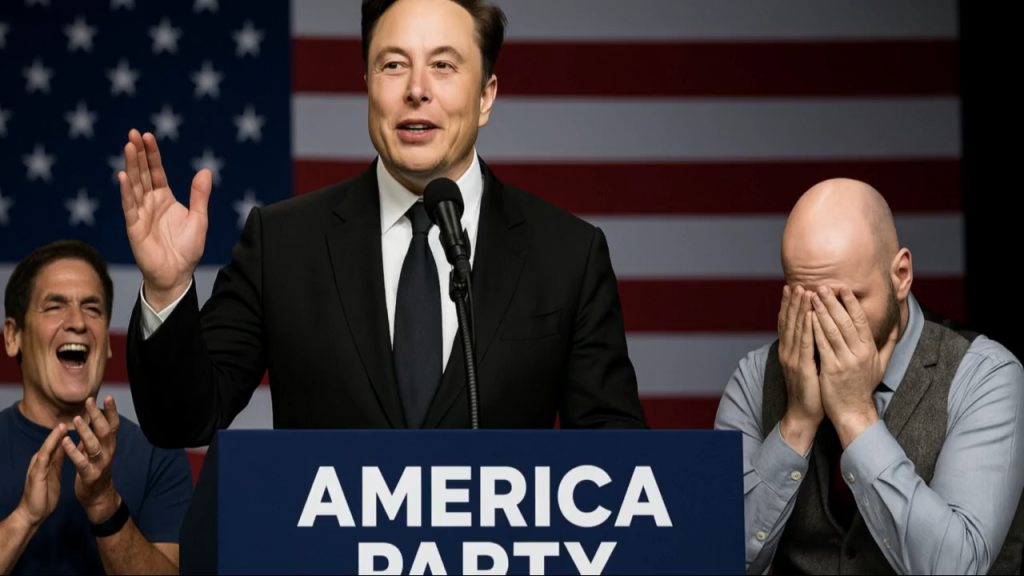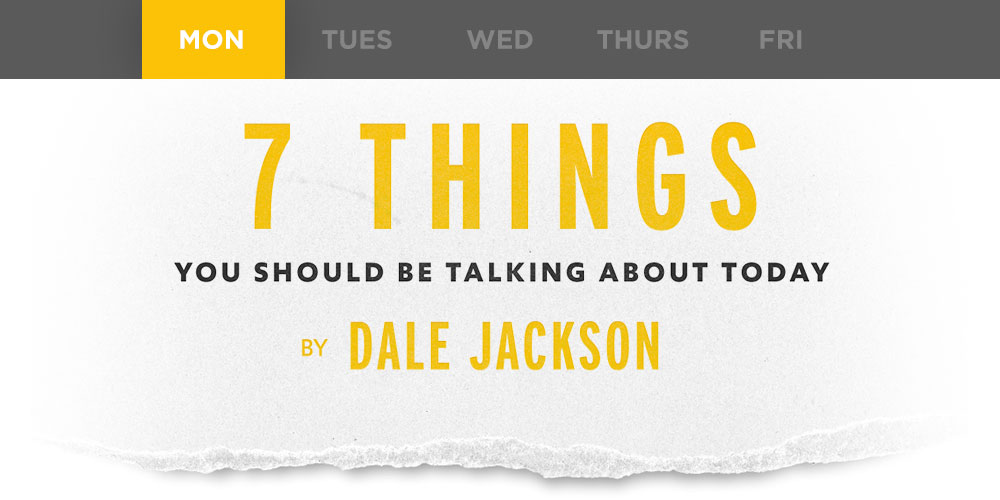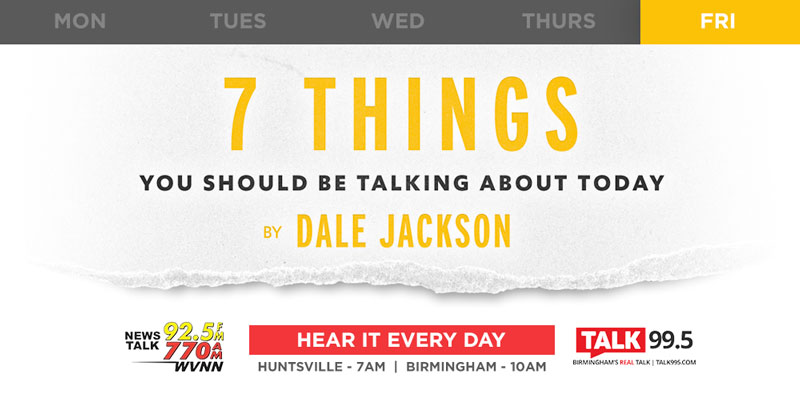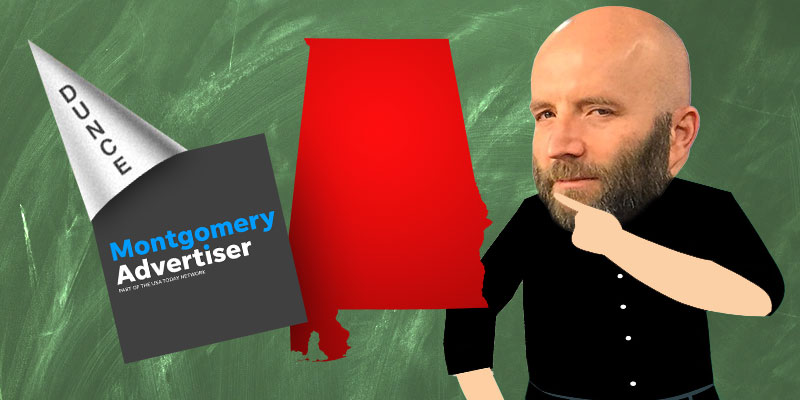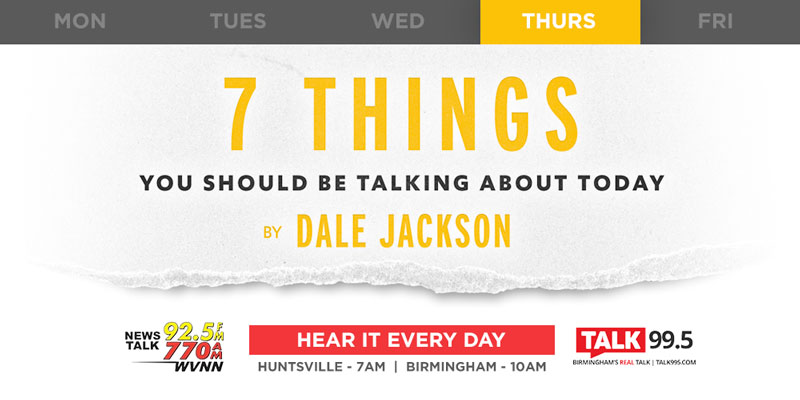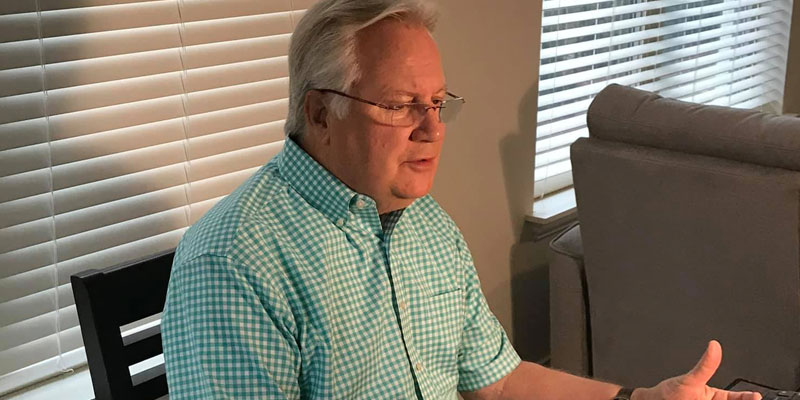Another week is here, and that means we are into another week of gambling conversation.
Many discussions have already been had about what type of gambling we will have in the state of Alabama and who will benefit.
Will it just be a lottery and nothing more? Will it be casino gaming? Will there be sports betting? Will I be able to bet on WrestleMania? Will the Poarch Band of Creek Indians be happy? Will illegal casino owners across the state be happy? Will out-of-state investors want to come to the state and build casinos? Will the money go to the General Fund? Will the money go to education? Will the money go to ISIS?
Most people of the state of Alabama don’t really care about the particulars here. They don’t know that the Alabama Senate is about to substitute a “simple” lottery bill by Senator Jim McClendon (R-Springville) while Senator Del Marsh (R-Anniston) has a more complicated and comprehensive bill that would open up gambling in the state of Alabama.
Personally, I don’t think the votes are there for any of this. There are too many competing factions that will not allow gambling legislation to move forward unless their side benefits, but at the same time they don’t want the other sides to benefit. This is why we are in a never-ending stalemate.
But missing in all of this is a very bad idea wrapped in a very vanilla idea.
No one is really concerned about the lottery. Over 70% of the people in the state appear to want a lottery of some kind, and support for other types of gaming is less but still there.
Most people view the lottery as a relatively benign thing. They want to be able to buy lottery tickets at their local grocery store and gas station while picking up other items. The average person will buy whatever they need at the store and then plop down a couple of one-dollar bills on chances to win a couple million in return. It’s a long shot, but it is simple fun and generally harmless.
Unless it is not.
The Alabama legislation, as currently proposed, would allow Alabama residents to purchase lottery tickets through their phones. While this seems generally harmless, I will remind you that to purchase lottery tickets this way you will need a credit card, a debit card or a direct link to your bank account.
So what?
What is the difference if I buy a lottery ticket with a $5 bill at the grocery store or if I do it via a smartphone app?
Good question with a simple answer.
If you allow people to buy lottery tickets on credit, people will buy lottery tickets on credit.
If you make it easy for people to drain their bank accounts to buy lottery tickets, people will drain their bank account to buy lottery tickets.
It is just human nature. No one in their right mind would go down to their local convenience store to buy $1,500 worth of lottery tickets, but if you allow them to do that by entering a passcode on their phone, they will do it.
Use of the transaction, the lack of the shame that is created by bringing in hundreds of dollars to risk on a pick 6 and the ability to do it all in the dark, make it far more likely.
This is a terrible feature of all the lottery legislation that has been proposed.
And conversations with McClendon and others make it clear that this feature — it is a feature and not a bug — will stay in the bills.
McClendon laid this out during a recent radio interview on WVNN in Huntsville.
Partial transcript as follows:
We have an entire generation that does life on their phone. They order lunch on their phone, they get their plane ticket on their phone, they call their Uber on their phone, they meet their girlfriend or boyfriend on the phone. This generation of people, they’re not going to stand in line at the “handy mart” to buy a ticket. And this business of buying an iPhone like lottery ticket is very common throughout the rest of the country, that is no big deal and it’s pretty sophisticated too…You download your charge card.
So simple, so easy, so … bad.
Our neighboring states, which we love to talk about because they already have the lottery, ban this practice.
In fact, of the 45 lottery states in the United States, only 21 allow this stuff to be done over the phone. This means that 24 states understand this to be an issue.
To make this even more clear, some merchants won’t allow this practice at their locations even if the state does.
It is because this is such a bad idea. Think about it — faceless corporations heard they could make money off of lottery tickets by accepting credit cards for them and said, “No, that’s a little sketchy and not good for the customer.”
There is a message here.
The lottery has been called “a tax on stupid people,” but that doesn’t mean we should allow the state to take advantage of them.
I know, I know, personal responsibility and all that. If someone wants to get a new credit card and max it out on Mega Millions, let him. After all, it is his money and his problem, right?
Kinda. But we should do all we can to help people make less disastrous decisions.
Look at it this way: We build roads on mountains and tell people that they need to go slower and be cautious because the risk is greater as we drive near the edge. The risk is yours if you head up there, so be careful.
But, we also put guardrails on the more treacherous parts of the path.
They operate as protection for both the dummies who want to whip around the roads for a thrill and for the Johnson family of five out for a weekend drive whose dad takes his eyes off the road to tell Timmy to stop hitting his sister. We don’t just shrug our shoulders and say, “Sorry, Timmy, you’re dead.”
For that reason, part of the bill needs to be tweaked in whatever form gambling takes in Alabama to put those guardrails up.
Listen:
Dale Jackson is a contributing writer to Yellowhammer News and hosts a talk show from 7-11 AM weekdays on WVNN and on Talk 99.5 from 10AM to noon.




